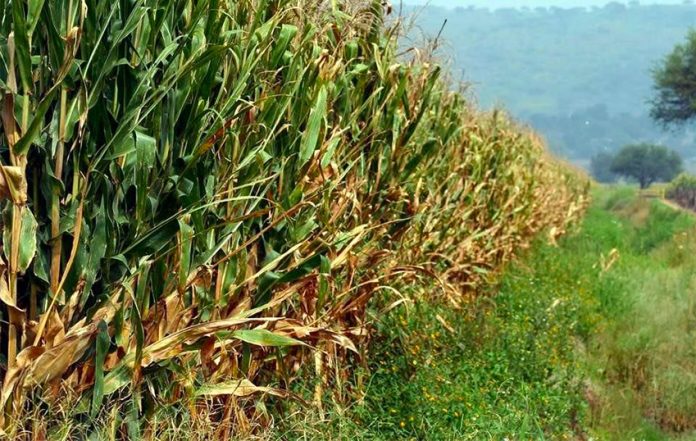A high-ranking agriculture official has urged the approval of a law to protect native corn before the new North American trade agreement takes effect.
Víctor Suárez Carrera, undersecretary for food self-sufficiency at the Secretariat of Agriculture and Rural Development, said that approval of the law is crucial because the United States-Mexico-Canada Agreement stipulates that Mexico must allow the registration of patents on a variety of foodstuffs, including corn.
“We need to have protection of our native corn . . .” he said.
“Producers of hybrid corn will be able to continue producing it. The law establishes that the only prohibition is on genetically modified corn. The legal reform seeks to prohibit the registration of patents related to the grain, with the purpose of protecting corn from the attempts of biotech companies to sell and market it,” Suárez added.
The undersecretary said that the law, a draft of which was approved by the Senate this week, will also protect people’s right to have a clean environment and healthy diet and to enjoy Mexico’s wide diversity of corn. Sixty-four different types of corn are grown in the country.
“[The law] is about maintaining the diverse production systems that have been passed on through hundreds of years . . . and which represent heritage of the nation and humanity,” Suárez said.
He said he was confident that a final version of the law will be passed soon. However, the proposal faces opposition from the National Agriculture Council (CNA).
In contrast to the claim made by Suárez, CNA president Bosco de la Vega said the proposed law in its current form poses a risk to farmers’ right to use hybrid corn seeds. The use of such seeds, he said, makes the production of high-quality and affordable tortillas possible and allows growers to make a decent living.
If their use is outlawed, production of corn in Mexico could significantly decline, de la Vega said.
“With concern, we watched the Mexican Senate pass a bill on Tuesday which, although it has the laudable objective of protecting native Mexican corn, has significant risks for the commercial production of the main crop we have in the country,” he said.
He expressed regret that the law was approved “without frank and open dialogue to ensure that the objective of preserving traditions and biodiversity is achieved” without risking national food security.
